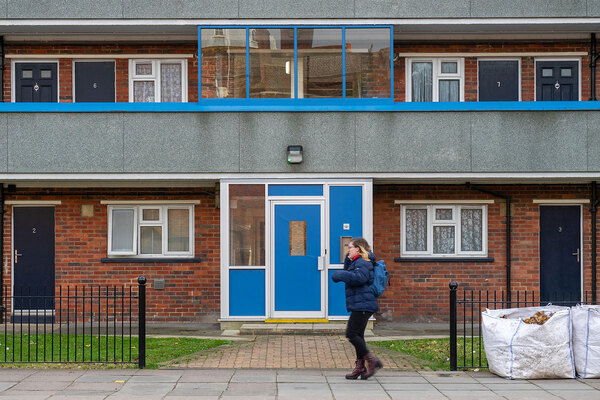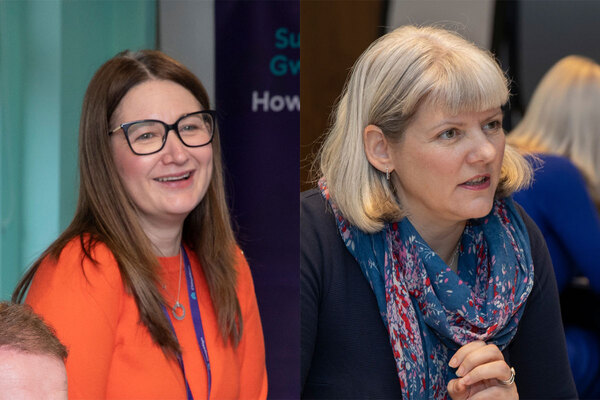You are viewing 1 of your 1 free articles
Can social housing learn from Big Tech?
Greater Manchester Housing Providers has joined forces to develop best practice in data management, write Jovian Smalley and Nena Adrienne
Some of the biggest global businesses – Amazon, Uber and Airbnb – are not really retail, transportation or accommodation businesses at all. At their heart, they are essentially data management businesses – and extremely effective ones at that.
What they share is their ability to effectively harness, manage and use the customer and other data they hold to successfully deliver their business models. Gathering insights from this data, they reliably deliver what customers want, and often what their customers don’t even know they want!
But can you say the same in the social housing sector? How well does your housing provider manage data? Do they put the same value on all types of data?
Generally, most providers are pretty good at managing asset data. This is the stuff we know about, the bricks and mortar we own. But could you say, hand on heart, that you manage your customer data as effectively?
If you can’t, you’re in good company. The Housing Ombudsman recently highlighted poor data management as a recurring theme for the sector and its deep dives have shown these are systemic problems.
This emphasis serves as a catalyst for the sector to re-evaluate its data-handling processes, implement more robust data-management frameworks, and prioritise the cultivation of a data-driven culture.
“There is a real opportunity to turn this picture around for the benefit of our organisations, our customers and our communities”
As housing providers, we know we are operating in a complex landscape. Mergers, acquisitions and older, legacy, business systems all contribute to the problem. But at what point do we say this isn’t good enough?
One version of the truth across our data sets would enable us to deliver the seamless and tailored services our customers deserve. But, with everything else we have on our plates, how do we take the first step?
Greater Manchester Housing Providers (GMHP), a partnership between social housing providers in the region, united to tackle the issue head-on, collaboratively developing best practices for the sector. The result was the first ever data-management framework for Greater Manchester, aiming to embed data at the heart of our organisations and in every decision we make.
The framework looks at the collective challenge we face – that we are ‘data rich and insight poor’ – and sets out the steps we can take to tackle that challenge through stronger governance, greater accountability, a firmer grip on our architecture and a commitment from everyone to a higher set of standards.
“The Housing Ombudsman recently highlighted poor data management as a recurring theme for the sector and its deep dives have shown these are systemic problems”
Our focus is not only on the practical elements that housing providers need to consider, such as data storage, architecture and governance, but also on the arguably bigger challenge around the shift in the cultural mindset needed to move our organisations from reactive, anecdotal decision-making to predictive, data-led decision-making.
Using our collective experiences, learnings and current case studies, we were able to identify three pivotal steps GMHP can adopt to harness existing data effectively:
-
Define and assign clear responsibilities: outline the relationships between different data roles and ensure that each party has clear responsibilities over their data elements.
-
Streamline for sharper insights: design pathways for streamlining data-management approaches to create sharper insights that deliver more efficient decision-making.
-
Embed accountability into new ventures: build accountability and ownership for data quality and standards into new projects and services from the outset.
Only after taking these steps will our businesses, customers and communities reap the numerous benefits of good data management. Big Tech realised this many years ago and, as a result, have experienced the network effects that come with delivering excellent customer service every time. We need this scale of ambition.
Poor data management is one of social housing’s greatest threats, and our customers rightly expect more than the status quo. There is a real opportunity to turn this picture around for the benefit of our organisations, our customers and our communities.
The time to grasp that opportunity is now.
Jovian Smalley, information governance manager, and Nena Adrienne, data and insight manager, at Wythenshawe Community Housing Group









